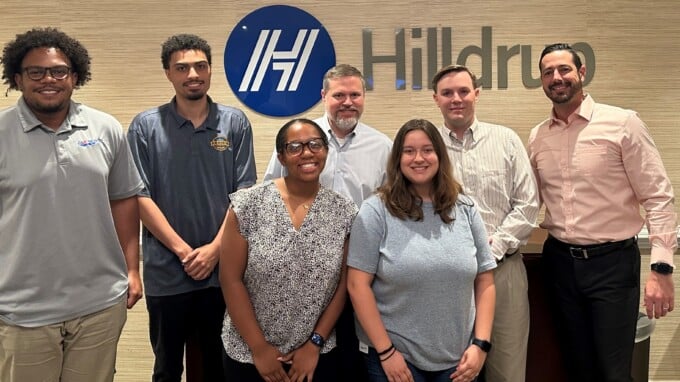Onboarding Best Practices For Relocating Employees
Retaining new talent can be a tricky endeavor for companies across the United States. In fact, according to a survey from Jobvite, … Continued

Retaining new talent can be a tricky endeavor for companies across the United States. In fact, according to a survey from Jobvite, close to 30% of new hires end up leaving a new position within the first 90 days. While there are several reasons for this, typically the new employee either has a bad experience early on or they discover that the company culture does not align with their own set of values. What can accentuate these common problems? Adjusting to a new job on the heels of a relocation.
In a sense, relocating to start a new job is not dissimilar to visiting a foreign country. Little to nothing is familiar, there are few – if any – existing relationships to depend on, and perhaps most complex, there’s an entirely new culture to navigate. Should this become too much for a relocated employee, it’s not out of the ordinary for them to leave the position and move back to what’s familiar.
Replacing any employee is a costly affair. To help avoid this, it’s important to both invest in the resources needed to effectively onboard them and structure this process in a way that isn’t overwhelming, given everything else to which they are adjusting.
When thinking about how to improve the onboarding experience for moving employees to a new location, there are a number of procedures your organization should keep in mind.
Onboarding considerations for relocating employees
Make onboarding materials available ahead of the start date
If a new hire is moving a considerable distance to start a position, give them access to onboarding documents ahead of the move. The first few days of work will likely be overwhelming, but if they already have a baseline for company procedures and their day-to-day duties ahead of the start date, the transition process can be made considerably easier. Alternatively, consider holding certain documents or trainings until they’ve been on the job for a few days – or even weeks. This will help them simply get accustomed to your organization’s culture without the added pressure of taking in a wealth of new information.
Offer help in finding a new home
Finding a place to live that meets a person’s needs and interests is a lot for anyone. Taking away the stress of having to find a new home in an unfamiliar place is a good step to ensure a seamless transition. Consider identifying a network of real estate agents who understand your local market and specialize in helping out-of-town clients find a home that suits their interests.
For some employees, it isn’t so much finding a home that’s stressful – it’s selling their previous one. Having two mortgage or rent payments can be a serious financial stressor for new employees. Other common real estate services can include assistance in getting a new hire out of their existing lease or helping with the listing and selling of a former home.
Consider the needs of their family
The built-in support network that a family provides during the relocation process can go a long way in ensuring a successful transition. Because of this, it’s important to offer equal support to an employee’s spouse, who also has undergone a significant life change. While your new hire obviously has a position lined up, often, their spouse may have left a job with less of a plan for the future. Helping spouses find work is a good way to reduce stress for the entire family.
Additionally, if the family has children, having a comprehensive list of area schools and local activities is a good resource to have as they work to get more involved in the community.
Let them visit before their start date
These days, it’s not out of the ordinary for the hiring process to take place entirely online. If an interview process, and subsequent job offer, each were conducted virtually, it’s important to organize a pre-visit to give the new hire the chance to see their new workspace, meet the team and familiarize themselves with the community to ensure the move is the right decision. This can also help save you money in the long run if they realize this isn’t the right fit for them before they start.
Need help building an onboarding program?
While there is no exact science to retaining newly hired talent who have relocated to start a position, having a comprehensive onboarding program in place is a good way to make that employee feel valued from the moment they sign their job offer. If your organization needs any assistance with building an onboarding program for relocating employees, or employee relocation services give us a call today.


